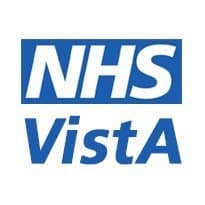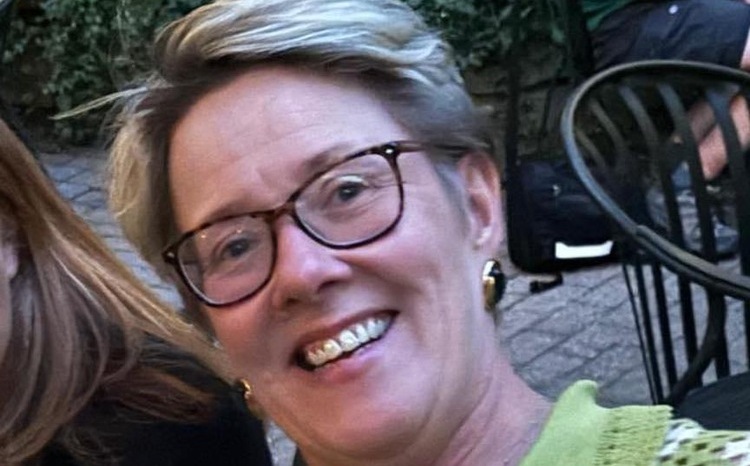NHS England says no to VistA
- 30 September 2013

NHS England has decided not to pay £7m to anglicise the US Veterans Health Administration’s open source electronic medical record, VistA.
Instead, it will create a framework for NHS trusts to buy open source system support, hosting and change management.
Beverley Bryant, NHS England’s director of strategic systems and technology, told EHI that two UK companies and one NHS trust have shown a serious interest in open-sourcing their health IT systems. One of those is IMS Maxims.
Guidance released by NHS England in July said it would spend some of the £260m technology fund on exploring the creation of an NHS VistA.
Bryant said 64 trusts who applied for the fund ticked the box to say they were interested in the VistA project and when investigated, 13 of them were “really serious about picking it up and running with it."
NHS England brought in experts to investigate the option of anglicising VistA, who determined that it would cost £7m and take eight months to make it ready for the UK market.
“On the back of our publicity that we are very interested in open source, a number of software providers have approached us to say ‘don’t anglicise VistA, we will make our software available open source’,” Bryant explained.
“Two providers have been struggling to gain traction in the market and have decided they can add more value by doing hosting and change management implementation services.
"They don’t mind not having the license fee for the software and making it all visible so people can add to it,” she said.
The three solutions that have come forward cover the basics of what the 13 trusts need.
“We want to talk about open source as a concept rather than, necessarily, a solution. So we’ve decided we’re not going to take the VistA product and anglicise it.
"Rather, we are going to create an open source foundation that takes all these other products, including VistA potentially, and makes it available to the 13 trusts, and the rest of the NHS, if they want it.”
Bryant said one option was to create a community interest company to act as the custodian of NHS open source code, but she felt that would be regarded as a ‘top-down approach’, which may not be welcomed.
“But if I just stand on platforms and talk about it I don’t think the NHS will really believe we have got skin in the game,” she added.
The solution NHS England has agreed on is the creation of a procurement framework for the 13 trusts that will bring together the open source products and run tenders for the implementation, support and hosting of the systems.
Companies are invited to offer a range of services, but the code has to be available open source.
Bryant acknowledged there are different definitions of ‘open source’ that still need to be worked through.
For example, the issue of version control is yet to be decided as while trusts may want to amend the code themselves, they would still expect the supplier to support it. “They can’t have it both ways,” she said.
The technology fund will most likely pay for the open source projects, though the trusts will still have to go through the formal application and review process. The framework will also be open to other trusts.
“This way we are stimulating the market and showing the NHS that the centre is trying to support them, but not building a massive top-down organisation,” said Bryant.
“It might be that in a few years’ time there’s a role for the centre in maintaining and monitoring, but the NHS is not ready for that yet.”
“If I want to make a sustainable open source future for the NHS I want to take small steps forward now, rather than a massive step and it not work out,” she added.
Bryant said the trusts involved are in a range of positions, some with very strong internal IT teams who want to run the system themselves, while others will need extensive support.
NHS England will look at using existing frameworks, but will most likely have to create a new one to cover all the necessary elements.
IMS Maxims chief executive Shane Tickell told EHI the company would be very interested in joining the new framework. It is in the advanced stages of assessing the legal issues and business change needed to open source some of its products.
He said he is delighted that NHS England is looking to the UK for open source solutions.
“I’m really continuously enthused by the energy and the speed and foresight that Beverley and her team have demonstrated,” Tickell said.




